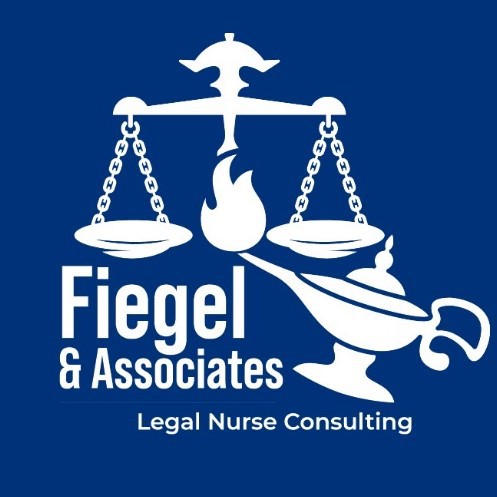DNA evidence plays a pivotal role in both prosecuting and defending cases, especially in criminal law. Consider the incredible implications described by Attorney Joseph Gallo of Waxahachie, Texas in this article: https://www.citizenaccused.com/images/pic-articles-01-1.jpg. However, understanding the complexities surrounding DNA testing and its implications can be challenging for attorneys. This is where a Certified Legal Nurse Consultant (CLNC) can provide invaluable support.
Understanding the Role of a Certified Legal Nurse Consultant
A Certified Legal Nurse Consultant such as Fiegel & Associates Legal Nurse Consultants are registered nurses with specialized training in the legal field. CLNCs possess a deep understanding of medical and scientific principles, making them uniquely equipped to assist attorneys in cases involving medical evidence, including DNA testing.
- Evaluating Laboratory Procedures
A key aspect of defending clients based on DNA evidence is evaluating the laboratory processes used to analyze the samples. A CLNC can review laboratory protocols and assess whether they adhered to proper standards. They can identify any potential contamination, mishandling of evidence, or deviations from accepted procedures, which can significantly undermine the validity of the DNA results presented in court.
- Assessing Chain of Custody
The chain of custody is critical in maintaining the integrity of DNA evidence. A CLNC can examine the documentation related to the collection, storage, and transfer of DNA samples. Any lapses in this chain can create doubt about the reliability of the evidence. By pinpointing such issues, a CLNC can assist attorneys in building a strong defense strategy.
- Clarifying Medical Terminology
Legal cases often involve complex medical jargon that can confuse juries. A CLNC can simplify and clarify this terminology, ensuring that attorneys present the information in an accessible way. This is crucial when explaining how DNA evidence relates to the case at hand, enabling juries to understand the nuances without becoming overwhelmed.
- Preparing Expert Witnesses
In many cases, the defense may need to call on expert witnesses to testify about DNA evidence. A CLNC can help attorneys locate and prepare these experts, ensuring they communicate their findings clearly and effectively. This preparation can enhance the credibility of the defense’s expert testimony, making it more persuasive in the eyes of the court.
- Trial Preparation and Strategy
The insights provided by a CLNC can be instrumental during trial preparation. They can assist in developing strategies that highlight weaknesses in the prosecution’s DNA evidence, allowing attorneys to focus on key points that resonate with juries. Additionally, they can help draft cross-examination questions for the prosecution’s experts, ensuring that critical issues are addressed.
Conclusion
In cases where DNA evidence is a central component, a Certified Legal Nurse Consulting firm like Fiegel & Associates Legal Nurse Consultants (www.legalfiegel.com) can be an invaluable asset to attorneys defending clients. By leveraging the skills of a CLNC, attorneys can enhance their defense strategies, ultimately contributing to more effective representation for their clients. Their collaboration exemplifies a holistic approach to justice, ensuring that every aspect of a case is meticulously examined.

